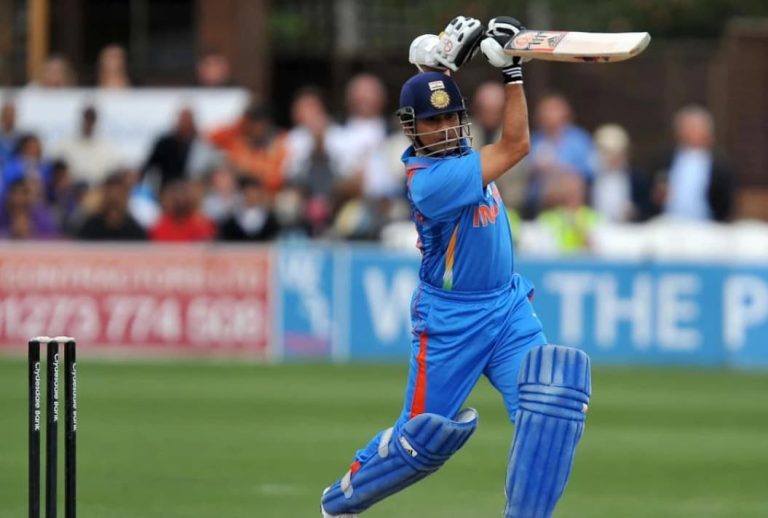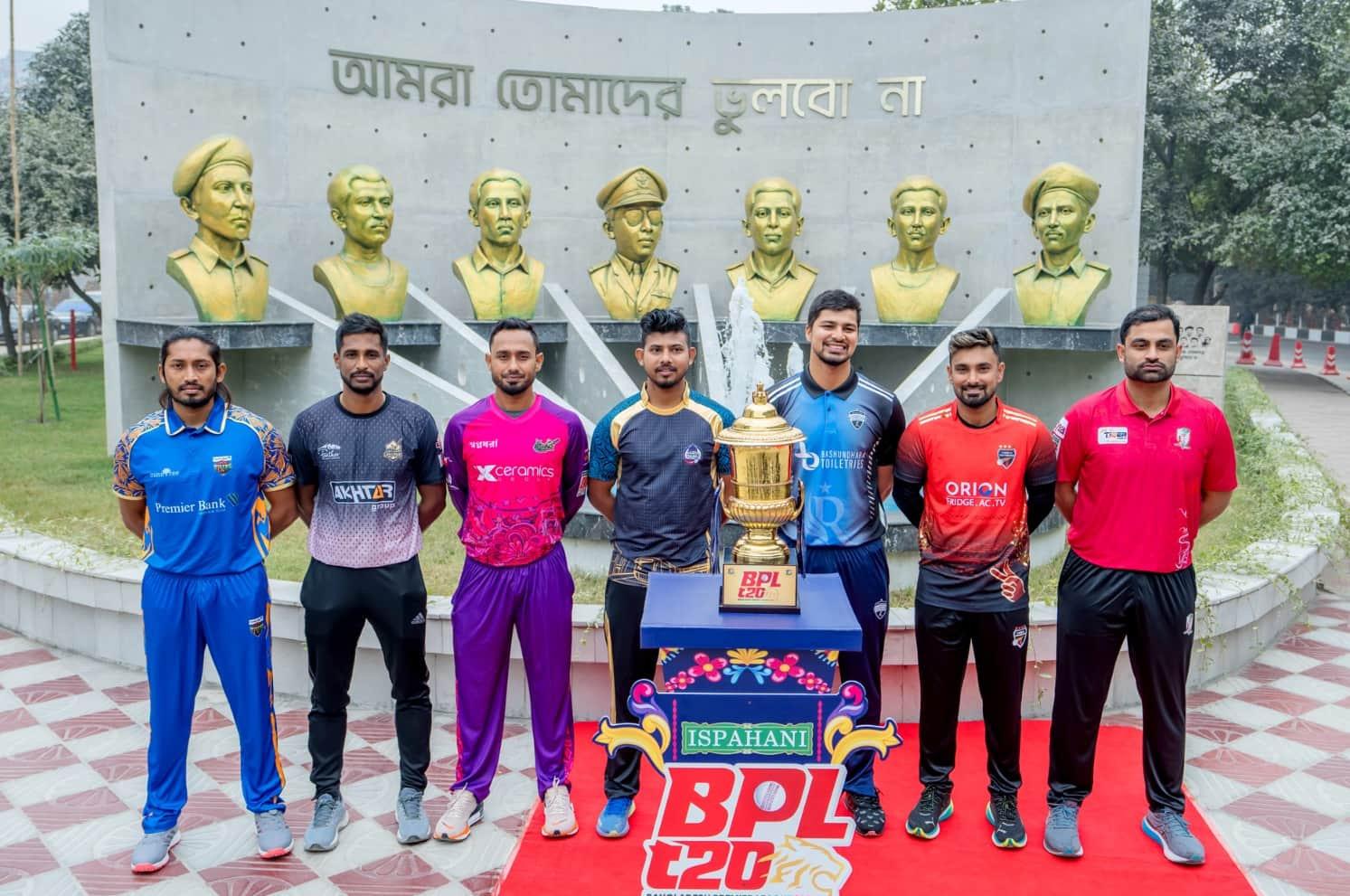Is Aviator Legal in India? Legal Framework
The online gaming landscape in India has exploded in recent years, with games like Aviator capturing significant attention.
If you’re considering playing this popular crash-betting game, you might be wondering: is aviator legal in india?
This question is more complex than it initially appears, touching on colonial-era legislation, state-specific regulations, court interpretations, and the fundamental nature of the game itself.
Aviator is a straightforward gambling game where players place bets on a virtual airplane that flies across the screen with an increasing multiplier.
Players must cash out before the plane flies away to secure their winnings. The longer they wait, the higher their potential payout – but if they wait too long and the plane disappears, they lose everything.
This simple yet addictive format has made it wildly popular, but its legal status remains a source of confusion.
India’s approach to gambling combines federal principles with significant state autonomy, creating a patchwork of regulations that can be challenging to navigate.
The distinction between games of skill and games of chance sits at the heart of these regulations, with vastly different legal consequences for each category.
Is Aviator Legal in India?

This comprehensive guide will examine Aviator’s legal standing in India from multiple angles – analyzing applicable laws, evaluating how courts would likely classify the game, exploring enforcement realities, and helping you understand the practical risks involved in playing.
Understanding India’s Gambling Legislation
India’s approach to gambling regulation has deep historical roots that continue to influence today’s legal landscape. To properly evaluate Aviator’s legal status, we must understand the foundational legislation and principles.
Historical Foundation
The Public Gambling Act of 1867 established the basic framework for gambling regulation in India. Despite being over 150 years old, this colonial-era legislation remains influential and contains several key provisions:
- It prohibits the operation of “common gaming houses” where gambling takes place
- It makes visiting such establishments a punishable offense
- It creates penalties, including fines and imprisonment,t for violations
- It explicitly exempts “games of mere skill” from gambling prohibitions
This last provision is particularly significant, as it established the crucial distinction between games of skill and games of chance that continues to determine the legality of various gaming activities.
Constitutional Framework
After independence, the Constitution of India placed gambling and betting under the State List in the Seventh Schedule, giving states the authority to regulate these activities within their territories. This has led to significant variations in gambling laws across different states.
Court Interpretations
A series of landmark Supreme Court decisions has helped clarify how games should be classified:
- State of Bombay v. RMD Chamarbaugwala (1957) distinguished between games of skill and games of chance, establishing that skill-based activities receive constitutional protection as legitimate business activities.
- Dr. K.R. Lakshmanan v. State of Tamil Nadu (1996) further defined the skill vs. chance distinction, specifying that games where skill predominates over chance are not gambling, even if they involve an entry fee and prize money.
- Indian Poker Association v. State of Karnataka (2013) applied these principles to poker, with the court recognizing the skill elements involved in the game.
These judgments create a legal framework where games are evaluated based on whether skill or chance is the “predominant factor” in determining outcomes. Games where chance predominates are classified as gambling and subject to restrictions, while games where skill predominates receive legal protection.
Online Gambling Provisions
The Information Technology Act of 2000 governs online activities in India but doesn’t specifically address online gambling. This creates a regulatory gap that various states have addressed through amendments to their gambling laws or new legislation targeting online gaming.
The Information Technology (Intermediary Guidelines and Digital Media Ethics Code) Rules, 2021 place responsibilities on intermediaries (including internet service providers) to block access to online gambling platforms if directed by government authorities.
Analyzing Aviator’s Game Mechanics: Skill or Chance?
The legal status of Aviator in India hinges largely on whether it would be classified as a game of skill or a game of chance. This requires a thorough analysis of its mechanics and the factors that determine outcomes.
How Aviator Works
In Aviator:
- Players place a bet before each round begins
- A virtual airplane appears with a multiplier that starts at 1.00x
- The multiplier increases as the plane continues to fly
- Players must decide when to “cash out” to secure their winnings
- If they cash out before the plane flies away, they win their bet multiplied by the value at that moment
- If the plane flies away before they cash out, they lose their entire bet
Factors Determining Outcomes
To classify Aviator under Indian law, we must determine whether skill or chance is the predominant factor in its outcomes:
Elements of Chance:
- The flight duration of the airplane is determined by a Random Number Generator (RNG)
- Each round’s outcome is independent of previous rounds
- Players cannot predict when the plane will fly away
- The house maintains a mathematical edge through the RNG settings
Potential Elements of Skill:
- Decision-making about when to cash out
- Risk management and bankroll considerations
- Pattern recognition and statistical analysis
Legal Classification Analysis
When applying the “predominant factor” test established by Indian courts, Aviator would almost certainly be classified as a game of chance for several key reasons:
- The core outcome-determining factor (when the plane flies away) is completely random and beyond player control
- No amount of skill, experience, or strategy can reliably predict this random event
- While players make decisions about when to cash out, these decisions are essentially guesses about when a random event will occur
- Unlike games like poker or rummy, where player decisions significantly influence outcomes, Aviator’s outcomes are primarily determined by the RNG
This classification places Aviator squarely within the category of gambling activities under Indian law rather than protected games of skill. This is crucial because it means Aviator would be subject to gambling prohibitions in most Indian states.
Aviator’s Legal Status Across Different States
India’s federal structure creates significant variations in how gambling activities are regulated across different states. Here’s how Aviator would likely be treated in various regions:
States with Explicit Online Gambling Prohibitions
Several states have enacted specific legislation targeting online gambling:
Tamil Nadu passed the Tamil Nadu Prohibition of Online Gambling and Regulation of Online Games Act in 2023, which specifically prohibits online games using random number generators where betting or wagering is involved. Aviator clearly falls within this prohibition.
Karnataka amended its Police Act to include online gambling, explicitly banning games involving betting or wagering. The amendments specifically target games where chance dominates over skill, directly affecting Aviator’s legal status.
Telangana and Andhra Pradesh have enacted comprehensive bans on online betting through amendments to their Gaming Acts. These amendments explicitly prohibit all forms of online gambling, leaving no room for games like Aviator.
Maharashtra maintains one of the country’s strictest gambling laws through the Maharashtra Prevention of Gambling Act, which has been interpreted to cover online gambling as well.
States with Limited Permissions
A few states have created frameworks for regulated gambling activities:
Sikkim enacted the Sikkim Online Gaming (Regulation) Act, which allows certain online gambling activities but only through licensed operators. However, most platforms offering Aviator do not possess these licenses.
Nagaland passed legislation permitting games of skill but explicitly excluding games of chance. Since Aviator would be classified as a game of chance, it remains prohibited.
Meghalaya created regulatory frameworks for certain gaming activities, but these require specific licenses that most Aviator platforms do not have.
States with General Gambling Prohibitions
In states without specific legislation addressing online gambling, the general principles of the Public Gambling Act and state gambling laws would apply. Since Aviator would be classified as a game of chance, it would fall under general gambling prohibitions in these states.
This state-by-state analysis leads to a clear conclusion: Aviator is not legally permitted in most Indian states. Even in states with licensing frameworks, most platforms offering Aviator don’t possess the required permits, making their operation technically illegal.
Enforcement Realities and Practical Risks
While understanding the legal classification is important, equally significant is how these laws are practically enforced and what risks players face when playing Aviator from India.
Enforcement Mechanisms
Several enforcement mechanisms target online gambling activities:
- Website Blocking: The Ministry of Electronics and Information Technology (MeitY) can direct ISPs to block access to gambling websites.
- Payment Restrictions: The Reserve Bank of India (RBI) has instructed banks and payment processors to restrict transactions to gambling platforms.
- App Store Policies: Google Play and Apple App Store have policies against real-money gambling apps in India, limiting easy access to Aviator through official channels.
- State Enforcement Actions: State police occasionally conduct operations targeting online gambling activities, though these typically focus on operators rather than individual players.
Real-World Consequences for Players
Despite these mechanisms, enforcement against individual players remains relatively limited. However, players still face significant practical risks:
Financial Risks:
- Banks increasingly monitor and may restrict accounts associated with gambling transactions
- Unexplained deposits from offshore sources can trigger tax scrutiny
- Winnings may be difficult or impossible to withdraw due to payment blocking
- Tax obligations apply to gambling winnings at a 30% rate, with penalties for non-declaration
Legal Exposure:
- While prosecutions of individual players are currently uncommon, the legal framework exists to support such actions
- Enforcement priorities can shift rapidly with changing political or public concerns
- Players could potentially face fines and, in some cases, imprisonment under applicable state laws
Platform Security Concerns:
- Unregulated platforms operate without consumer protections
- No regulatory oversight ensures fair game mechanics
- Limited recourse for non-payment of winnings
- Potential for identity theft or fraud through KYC processes
- Data privacy vulnerabilities due to a lack of regulatory compliance
Evolving Enforcement Landscape
The enforcement approach to online gambling in India is evolving, with several notable recent developments:
- Increased coordination between financial institutions and regulatory authorities to identify gambling transactions
- More sophisticated technological tools for monitoring online activities
- Greater attention from state authorities to online gambling as its prevalence increases
- Public interest litigation is driving judicial attention to online gambling issues
- Media reports of financial losses are driving public concern
These trends suggest that while enforcement against individual players remains limited for now, the risks of playing Aviator are likely to increase rather than decrease over time.
Legal Alternatives to Aviator in India
If you’re interested in online gaming but want to stay within legal boundaries, several alternatives offer entertainment value without the legal risks associated with Aviator.
Skill-Based Card Games
Several card games have received explicit recognition as games of skill:
Rummy has been recognized by the Supreme Court as a game of skill and is legal in most states (with exceptions like Telangana and Andhra Pradesh). Online platforms offering rummy operate legally throughout most of India.
Poker has received mixed legal treatment, with some High Courts recognizing its skill elements while others focus on its chance components. Its legal status varies by state.
Fantasy Sports
Fantasy sports platforms like Dream11 have secured favorable legal status through court rulings in most states. The Supreme Court has upheld judgments classifying fantasy sports as games of skill due to the knowledge and judgment required to create successful teams.
Non-Gambling Online Games
Numerous options exist for online entertainment that don’t involve real-money gambling:
- Competitive e-sports platforms
- Strategy and puzzle games
- Subscription-based gaming services
- Free-to-play versions of popular games
Comparison with Aviator
This table compares key aspects of Aviator versus legal alternatives:
| Feature | Aviator | Legal Alternatives |
|---|---|---|
| Legal Classification | Game of Chance | Games of Skill |
| Court Recognition | Not recognized as legal | Several favorable rulings |
| State Acceptance | Prohibited in most states | Legal in most states (with variations) |
| Predictability | Based on random events | Outcomes influenced by player decisions |
| Consumer Protections | Limited on offshore platforms | Better regulated with grievance mechanisms |
By choosing these legal alternatives, you can enjoy online gaming without exposing yourself to the legal, financial, and security risks associated with unregulated platforms offering games like Aviator.
Frequently Asked Questions
- Can I legally play Aviator in any Indian state?
No, Aviator would be classified as a game of chance (gambling) under Indian law and is therefore not legal in any state. Even in states with regulated gambling frameworks like Sikkim, operators would need specific licenses that most platforms offering Aviator don’t possess.
- What legal risks do I face if I play Aviator in India?
While enforcement against individual players is currently limited, the legal framework exists to support fines and potentially imprisonment under various state gambling laws. More immediately practical are the financial risks, including potential bank account restrictions, difficulties withdrawing winnings, and tax complications.
- If I use a VPN, can I legally play Aviator?
No, using a VPN doesn’t change the underlying legal status of the activity. While it might help bypass technical restrictions, it doesn’t exempt you from applicable gambling laws in your state.
- What makes Aviator different from legal games like rummy?
The key difference is that Aviator’s outcomes are predominantly determined by chance (the random flight pattern of the virtual airplane), while games like rummy involve substantial skill elements, including strategic card selection, sequencing, and memory. Indian courts have consistently ruled that games where skill predominates are legal, while games where chance predominates constitute gambling.
- How can I tell if an online gaming platform is operating legally in India?
Legally operating platforms will typically: 1) Focus on skill-based games rather than chance-based gambling, 2) Clearly state their regulatory status and licenses, 3) Implement proper KYC procedures, 4) Operate transparent payment systems through recognized Indian channels, and 5) Comply with applicable taxes, including GST.
Also Check: Is Stake Banned in India
Conclusion:
After examining India’s gambling laws, analyzing Aviator’s game mechanics, reviewing state-specific regulations, and considering enforcement realities, the conclusion is clear: Aviator is not legally permitted in most of India.
The game’s classification as a game of chance rather than skill places it within the category of gambling activities that are generally prohibited under Indian law.
The state-by-state regulatory approach creates some variations in how these prohibitions are implemented and enforced, but even in states with licensing frameworks for gambling, most platforms offering Aviator don’t possess the required permits.
While enforcement against individual players currently remains limited, players still face significant risks:
- Potential legal consequences under applicable state laws
- Financial complications from bank monitoring and payment restrictions
- Security and fraud risks from unregulated platforms
- Tax implications for undeclared gambling winnings
As India’s approach to regulating online gambling continues to evolve, the trend is toward clearer restrictions and more effective enforcement rather than liberalization.
This suggests that Aviator’s legal status is unlikely to become more favorable in the foreseeable future.
For those seeking online entertainment, India offers a growing ecosystem of legally recognized alternatives based on skill rather than chance.
These provide enjoyment without exposing you to unnecessary legal and financial risks.
The wisest approach for Indian citizens is to make informed choices about their online gaming activities, recognizing that despite the limited current enforcement, games like Aviator operate outside the boundaries of Indian law in most states.
By understanding the legal framework and choosing legally compliant alternatives, you can enjoy digital entertainment while avoiding the risks associated with unregulated gambling platforms.






